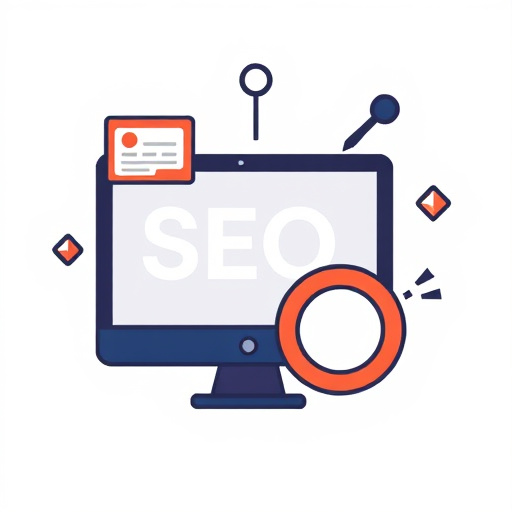Off-page SEO services, crucial for online success, impact search rankings through metrics like domain & page authority, backlink quality/quantity. Fort Worth businesses can enhance brand awareness and visibility by aligning objectives with overall goals, considering industry-specific strategies, and tracking ROI via analytics tailored to link building, social media engagement, and reputation management. Regular reviews ensure data-driven adjustments for maximum return on investment.
Off-page SEO, a strategic element of digital marketing, involves external activities to boost search rankings. Understanding this dynamic landscape and tracking its return on investment (ROI) is crucial for businesses. This article guides you through the process, starting with deciphering off-page SEO metrics and setting measurable goals. We then delve into practical strategies for effective tracking, ensuring you can clearly assess the value of your off-page SEO services and make informed decisions for future campaigns.
- Understanding Off-Page SEO and its Metrics
- Setting Clear Objectives for ROI Tracking
- Implementing Measurement Strategies Effectively
Understanding Off-Page SEO and its Metrics

Off-page SEO refers to all the activities that take place outside your website but impact its search rankings. It involves building a strong online presence and reputation, which can significantly influence how visible your business is in search engine results pages (SERPs). Key metrics to track for off-page SEO services include domain authority and page authority, which measure the strength of your website’s connections and individual webpages, respectively. These are crucial indicators of your site’s trustworthiness in the eyes of search engines.
Other essential metrics include backlink quality and quantity. High-quality backlinks from reputable websites can greatly enhance your website speed optimization, improve user experience, and ultimately, increase website traffic. Monitoring these off-page SEO services allows businesses to assess their online visibility and make data-driven decisions to optimize their digital presence in Fort Worth or any other market.
Setting Clear Objectives for ROI Tracking

To clearly track the Return on Investment (ROI) from off-page SEO services, it’s imperative to set well-defined objectives upfront. This involves understanding what specific outcomes you aim to achieve and how these relate to your overall business goals. For instance, an increased brand awareness might be a primary objective, which could be measured through enhanced website traffic or improved social media engagement. Enhancing online visibility through quality backlinks from reputable sources is another crucial goal, directly linked to boosting search engine rankings and driving more potential customers to your doorstep.
When evaluating off-page SEO services, consider aspects like link building strategies that align with your industry and target audience. A web design Arlington or web design near me agency should focus on creating high-quality backlinks from diverse sources, ensuring they contribute to website speed optimization and overall user experience. This multifaceted approach ensures that your ROI tracking not only measures immediate results but also predicts long-term success in the competitive digital landscape.
Implementing Measurement Strategies Effectively

Implementing effective measurement strategies is key to clearly tracking the return on investment (ROI) from off-page SEO services. This involves integrating various analytics tools and metrics tailored to assess the impact of external link building, social media engagement, and online reputation management campaigns. By utilizing these strategies, businesses can gain valuable insights into which aspects of their off-page SEO efforts are driving organic traffic, improving search rankings, and ultimately leading to increased conversions.
To maximize the success of measurement, focus on aligning your analytics with specific campaign goals. For instance, if a key objective is local search optimization through off-page strategies, track changes in local click-through rates (CTR) and online business directory listings. Similarly, for businesses offering professional web design services, monitor backlinks from reputable industry websites to gauge the effectiveness of guest blogging or partnership initiatives. Regularly reviewing these metrics allows for data-driven adjustments to off-page SEO tactics, ensuring resources are allocated efficiently to achieve maximum ROI.
Off-page SEO services significantly impact online visibility, but tracking their return on investment (ROI) is crucial. By setting clear objectives and implementing effective measurement strategies, businesses can clearly understand the value of these services. This involves utilizing relevant metrics to assess the success of off-page SEO efforts, ensuring that every strategy contributes to measurable growth and a competitive edge in today’s digital landscape.














